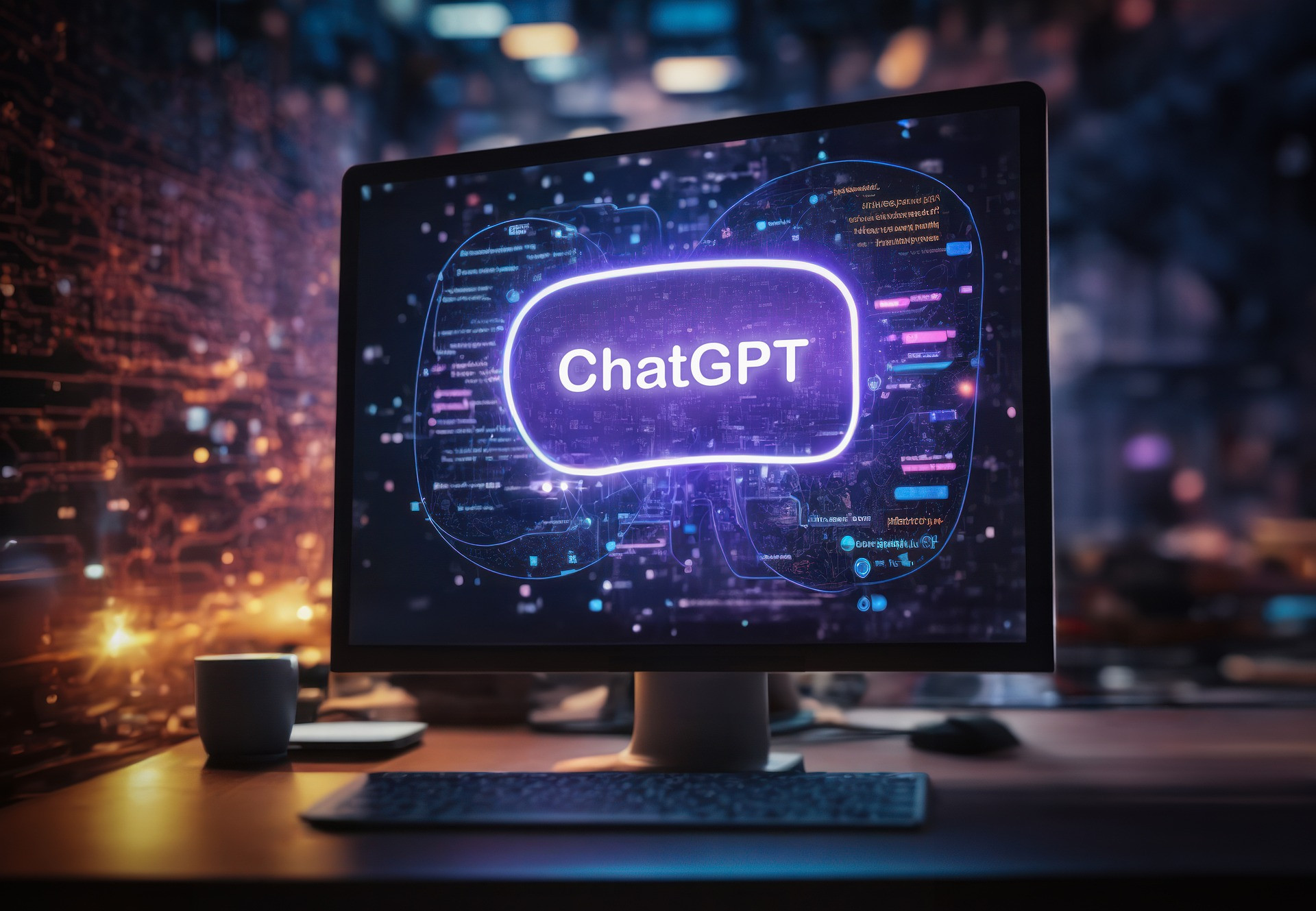How does ChatGPT help overcome disasters and natural disasters?
(Baonghean.vn) - By leveraging the power of artificial intelligence (AI), ChatGPT can quickly connect users with the resources they require in the event of natural disasters.

How is ChatGPT helping to mitigate the negative impact of natural disasters?
ChatGPT is a revolutionary artificial intelligence platform that uses natural language processing (NLP) to provide instant support to people in need.
Disaster recovery and recovery efforts are becoming increasingly important in our ever-changing world. As natural disasters become more frequent and severe, it is essential for organizations to have an effective disaster recovery plan in place. And ChatGPT is considered one of the advanced technologies that helps organizations and individuals recover from natural disasters more effectively and promptly.
ChatGPT is an intelligent chatbot platform that uses AI and NLP technology to provide support and answer questions in real time. This chatbot can support many tasks related to natural disaster recovery, such as helping with evacuation and resettlement, providing manpower and material resources, and assisting in communication with emergency response teams.
The benefits that ChatGPT can bring during natural disaster recovery include:
1. Ability to provide information to a large number of users:During natural disasters, many people need to know information quickly and in a timely manner. ChatGPT helps to provide responses to a large number of people at the same time. This can be especially useful in situations where resources or manpower are limited. ChatGPT can provide accurate and timely information about the natural disaster situation, such as on-site updates, safety measures, and emergency procedures.
2. High availability:ChatGPT is accessible to users 24/7, which means people can get help and support anytime, anywhere. This is essential in case of emergencies that occur outside of business hours.
3. Extremely fast information processing speed:ChatGPT can respond to queries and provide information almost instantly, which can be crucial in an emergency situation where time is of the essence.
4. Cost-effective:Using ChatGPT to monitor and track natural disasters can be more cost-effective than hiring additional staff or setting up call centers. This frees up resources to be allocated to other search and rescue operations.
5. Spiritual support:ChatGPT can be programmed to provide emotional support to people affected by natural disasters. This could include providing empathy, understanding, and guidance on how to cope with the emergency situation.
6. Support resource allocation:During a natural disaster, it is important to efficiently allocate resources such as food, water, and medical supplies. ChatGPT can be programmed to help with this by providing information about available resources and facilitating timely, targeted distribution.
7. Social media monitoring:ChatGPT can be programmed to monitor social media mentions of natural disasters and communicate information to those in need. This can help identify potential problems before they occur and provide support to those who may not have access to other resources.
8. Personalization:ChatGPT can be programmed to provide personalized support and assistance to individuals, based on their specific needs and circumstances. This can improve efficiency during disaster response and reduce the likelihood of victims being left behind.
ChatGPT helps with disaster recovery and recovery
In addition to providing assistance during disasters, ChatGPT can also be used to support recovery efforts. The platform can provide people with information about available relief funds, notify them of upcoming events, and be used to connect people with relief organizations.
ChatGPT is quickly becoming an extremely useful tool for disaster recovery and recovery efforts. The platform is easy to use and provides people with timely and efficient access to the resources they need. As disaster relief and recovery efforts become more important than ever, ChatGPT is sure to become an invaluable tool for those in need.
Natural disasters often have a huge impact on countries, especially developing countries, leading to massive destruction of infrastructure, resources and lives. However, modern technologies like ChatGPT are a hope, helping to promote faster and more efficient post-disaster recovery.
These resources include emergency contact information, information on shelters and relief centers, food and water, and mental health support. The platform also offers a chat service, allowing users to connect with counselors and experts in various fields. This can be especially useful during emergency situations, as it allows people to get immediate help.
Overall, ChatGPT is helping to reduce the negative impact of disasters by providing fast, personalized access to resources, communications, and support services. As the technology continues to evolve, it has the potential to become an extremely valuable tool in emergency situations.
Discover the benefits of ChatGPT for victims of natural disasters
ChatGPT is equipped with a library of disaster relief resources, including information on emergency medical care and financial assistance. It also provides users with psychological support and guidance on how to cope with anxiety, depression, and post-traumatic stress disorder.
The chatbot platform is designed to be a safe space for victims to turn to during difficult times, including providing empathy, understanding, and guidance on how to deal with potential situations.
ChatGPT also offers a unique feature for family members of victims, the “virtual support group” feature. Through this feature, family members can connect and share information with each other, helping them feel less alone in dangerous situations.
Several countries, including India, Indonesia, and Mexico, have used ChatGPT to support disaster recovery. For example, ChatGPT’s role in disaster recovery was used in India to notify those affected by the 2018 Kerala floods. ChatGPT was also deployed in Indonesia to notify those affected by the 2018 Sulawesi earthquake and tsunami about the humanitarian programs available.
Alongside ChatGPT technology being used to help developing countries respond to natural disasters, other technologies such as drones can be used to quickly survey areas and assess damage, and satellite imagery can be used to map evacuation routes and locate available resources.
These technologies enable poor countries to respond to natural disasters and help their citizens recover more quickly and effectively. The use of ChatGPT is crucial to the overall effort and is expected to grow significantly over the next few years.
Several disaster-prone areas around the world, such as the Philippines and India, are also now using ChatGPT to assist in natural disaster recovery, as ChatGPT was used to provide legal advice to victims affected by the recent Typhoon Haiyan in the Philippines and provide guidance on how to seek medical attention and assistance after the severe earthquake that struck India.
In these areas, ChatGPT plays a crucial role, helping rescue forces access disaster information quickly and reliably, reducing the burden on first responders and speeding up the response process. In addition, because ChatGPT can provide a safe environment for people to share their experiences, this chatbot is considered a particularly useful tool in providing psychological support applications to victims of natural disasters.
ChatGPT has a lot of potential and it could be a useful tool for rapid disaster relief and recovery in other developing countries. As the technology develops, it could be used to provide disaster-affected people with more conveniences, such as aid and access to medical supplies, etc./.




